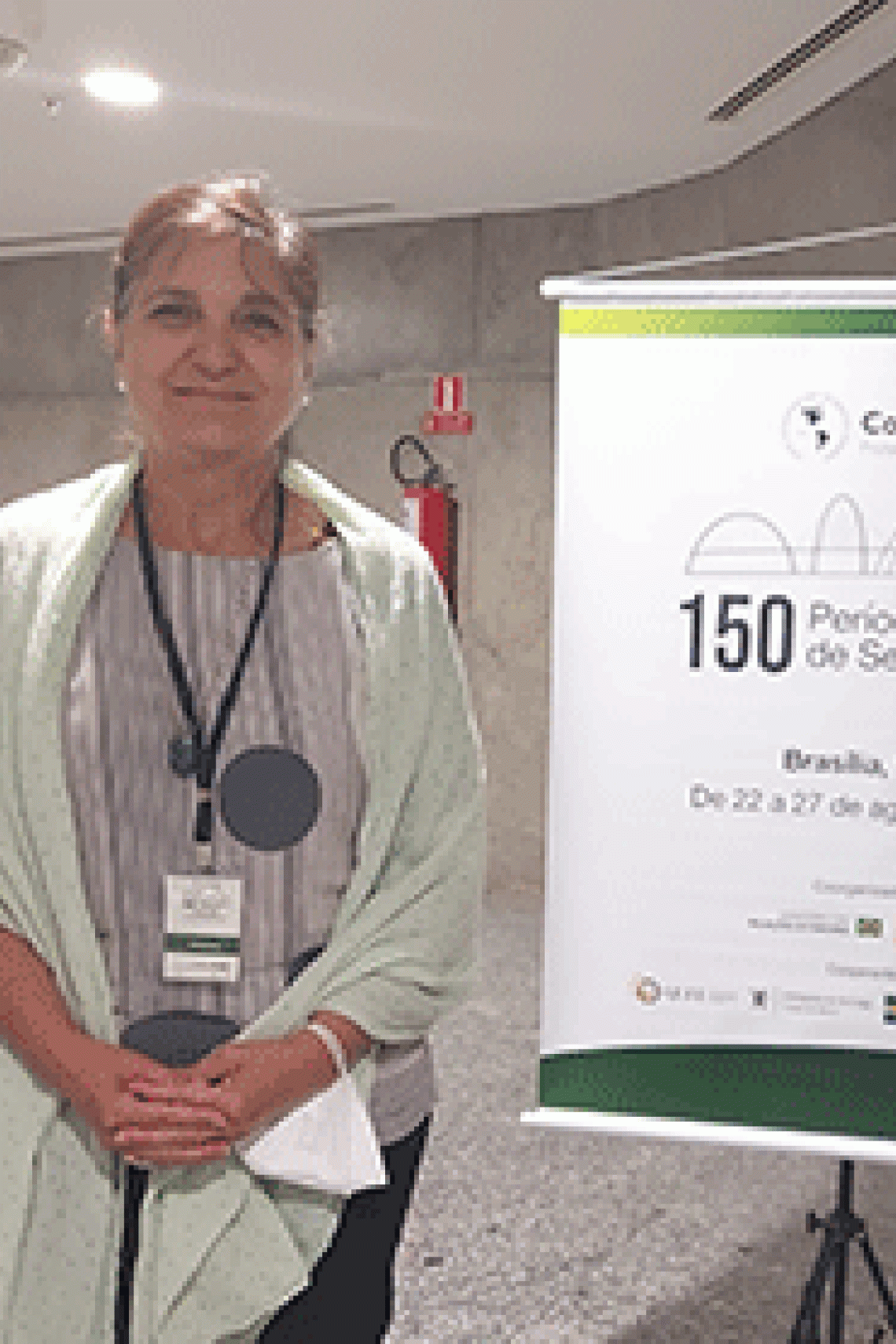Laura Rival gives expert testimony in case against Ecuador over treatment of indigenous peoples
Professor Laura Rival has given testimony as an expert witness in a case against Ecuador over its treatment of indigenous people living in ‘voluntary isolation’, heard at the Inter-American Court of Human Rights in Brasilia.
The case represents the first time in the court’s history that a state has been tried for allegedly failing in its duty to protect the human rights of such peoples and is likely to create significant legal precedent for their protection and territorial rights.
The Inter-American Commission on Human Rights defines indigenous people in voluntary isolation as peoples who do not maintain sustained contacts with the majority non-indigenous population, and who generally reject any type of contact with persons not part of their own people.
The case related specifically to the Tagaeri-Taromenane indigenous peoples who live in the Yasuní National Park in northern Ecuador. It was brought by a coalition of indigenous organisations and civil society environmental movements, and alleges that the human rights of the Tagaeri-Taromenane have been violated due to the impact of increasing oil exploitation on their territory, resources and way of life.
The case also relates to specific violent incidents that occurred between 2003 and 2013, and to the state’s alleged failure to protect two Taromenane girls following the events of 2013.
Professor Rival was called in as expert witness to comment on Waorani culture and social organisation, as well as on the relationship that the Waorani people have with the Tagaeri, Taromemane and other groups who live deep in the forest. She argued that all these groups are best seen as belonging to the same ‘cultural bloc,’ and that ‘voluntary isolation’ is a misleading concept, which should be replaced with a term that captures best the desire to live at a distance. The Tagaeri and Taromenane are not ‘isolated’ (aislados in Spanish) so much as ‘distant’ (alejados in Spanish), she suggested.
She demonstrated that it would be wrong to interpret the violent conflicts that occurred in 2003, 2006, and 2013 as resulting from cultural values promoting inter-tribal vengeance and wars, as the State has alleged. She pointed out that although the Yasuní National Park has existed since 1979 and was declared a Biosphere Reserve for Humanity in 1989, oil companies have expanded their industrial activities in the Yasuní for decades, contaminating its rivers; violating the right of free, prior, and informed consent required for development in indigenous territories; and displacing indigenous communities who must now live in much diminished territories.
She also showed how such external pressures relate to contradictions arising in Ecuador’s Constitution. While Article 57/21 guarantees the protection of the territories of peoples in ‘voluntary isolation,’ specifying that any violation of this right amounts to genocide, Article 407 says the State may decree the exploitation of natural resources within the intangible territories earmarked for the protection of isolated indigenous peoples.
In addition, she noted that although Ecuador’s Constitution determines that all extractive activities are prohibited in the territories of isolated peoples, successive governments had failed to take effective measures to control these activities.
During the hearing, the State recognised a number of failures, negligence and omissions, which led to the violent deaths of Taromenane women, men, and children on repeated occasions.
The case was heard on 23 August as part of the court’s 150th Regular Session. The verdict could be issued by next spring.
Further information:
https://www.corteidh.or.cr/docs/tramite/pueblos_indigenas_tagaeri_y_taromenane.pdf
https://www.corteidh.or.cr/tablas/150POSBrasil-port/index.html

